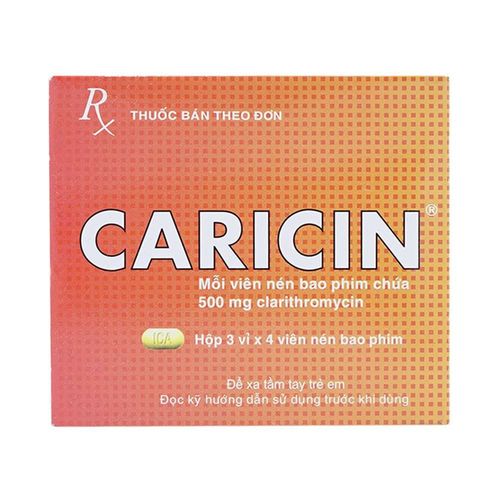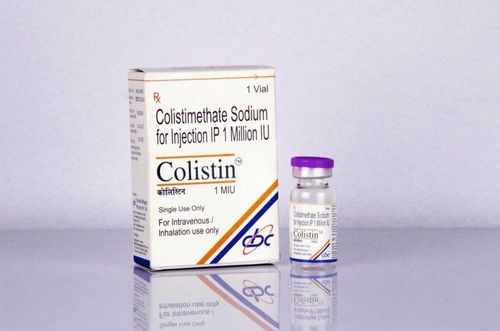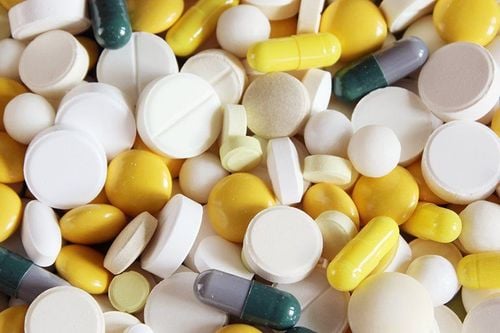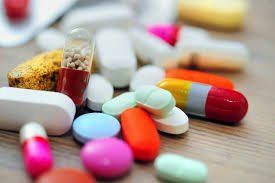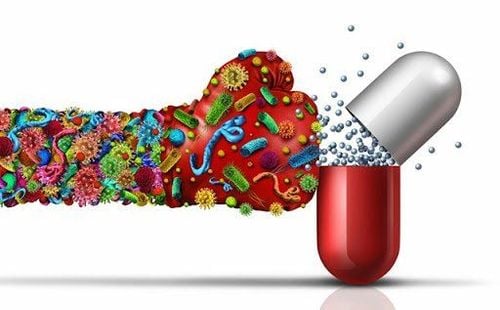This is an automatically translated article.
Coliform bacteria are bacteria that can live in many different environments such as soil, water and even the human digestive system. This is the culprit that causes many dangerous diseases on the digestive system such as diarrhea, dehydration leading to kidney failure, even death.1. What is Coliform bacteria?
Coliform is an anaerobic, rod-shaped, and spore-free gram-negative bacteria. Coliform bacteria are able to ferment lactose with gas, acid and aldehyde production within 24-48 hours.This type of bacteria can exist in many different environments such as soil, water (domestic water, drinking water, aquaculture water), in food and animal waste. People base on the amount of Coliform and E.coli in water to assess the level of water pollution.
National technical regulations on Coliform bacteria content in water are as follows:
In drinking water (QCVN 01:2009/BYT): Total Coliform content is 0 bacteria/100ml; In domestic water (QCVN 02:2009/BYT): The allowed total Coliform content is 50 bacteria/100ml; In industrial wastewater (QCVN 40:2011/BTNMT): The allowed Coliform content is 3000 mg/l for type A wastewater and 5000 mg/l for type B wastewater.
2. Manifestations when the body is infected with Coliform bacteria
The incubation period after Coliform infection is usually 3-4 days. When the disease develops, the patient will have unclear symptoms such as: mild diarrhea, intermittent diarrhea, fatigue, fever, ... Symptoms of the disease are not specific, so it is easy to confuse them with other diseases.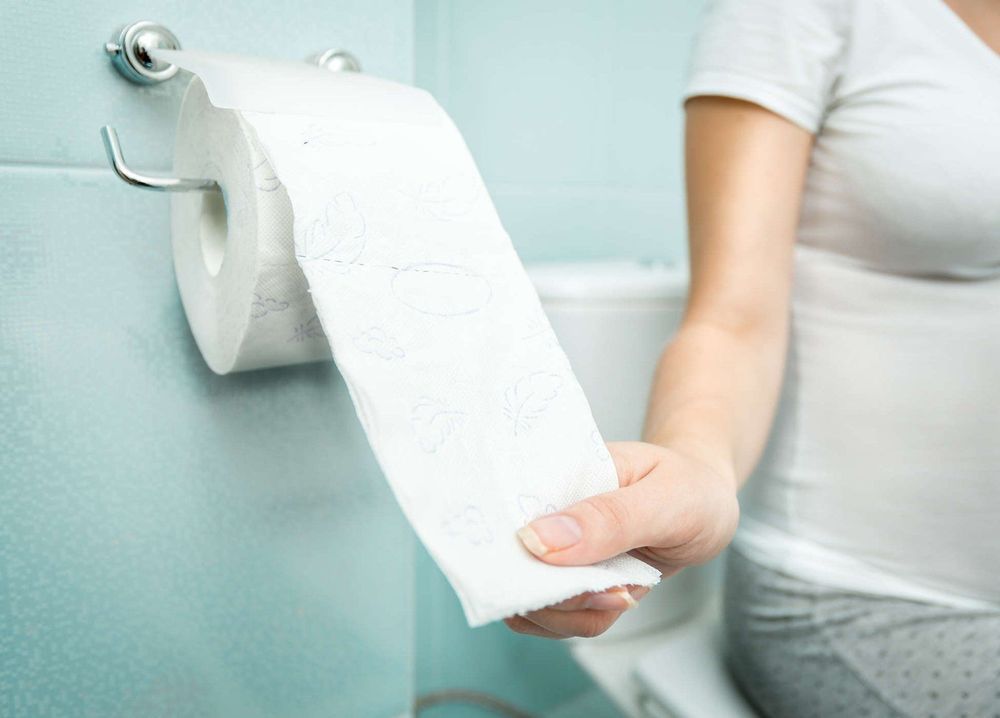
Vi khuẩn Coliform gây tiêu chảy
3. Harm of coliform bacteria
Coliform can cause disorders that cause diarrhea, dehydration, blood disorders, kidney failure, or even death. The danger of this bacteria is more serious in the elderly and children because these are subjects with weak resistance. Meanwhile, the symptoms of the disease are often unclear, mainly diarrhea and fever, so patients are often subjectively ignored. This misses the opportunity for timely treatment of the disease at an early stage.4. Why Coliform bacteria exist in water
The causes leading to the appearance of Coliform bacteria in water include:Improper handling of domestic waste, industrial waste and animal feces, not following standard procedures, causing the waste to contain Coliform bacteria. seeps into the ground, seeps into groundwater and causes water sources to be contaminated with Coliform bacteria; The domestic water treatment plants have not thoroughly treated Coliform bacteria; The well water source has not been treated because the main source of well water is the groundwater that has been infiltrated with Coliform bacteria; Tap water is contaminated with Coliform bacteria due to flowing through old pipes, rusted due to too long use time; Untreated rainwater.
5. Measures to detect Coliform bacteria in water
Check the bacteria content in the water every 6 months; Check chemical content in water every 2 years; Check more often if potable water has changes in color or taste.

Nên kiểm tra nước thường xuyên 6 tháng/lần
6. Prevention of Coliform infection in domestic water
Water should be tested regularly for the presence of Coliforms. If well water, groundwater is contaminated with Coliform bacteria with levels exceeding the allowable limit, it is necessary to use filtration technologies to completely purify the water. The RO and Nano filtration technologies are suitable choices. Disinfect domestic water with chlorine, ultraviolet rays; Drink only cooled boiled water. The risk of getting Coliform bacteria in the water is very high. Therefore, to ensure the safety of ourselves and our families, we should eat cooked food, drink boiling water and regularly check water quality. If there are warning symptoms of Coliform infection such as diarrhea, fever, dehydration, etc., you should immediately seek medical attention for timely diagnosis and treatment.To register for examination and treatment at Vinmec International General Hospital, you can contact Vinmec Health System nationwide, or register online HERE
MORE:
What is bacteria air-resistant? Common bacterial diseases Benefits and harms of bacteria




